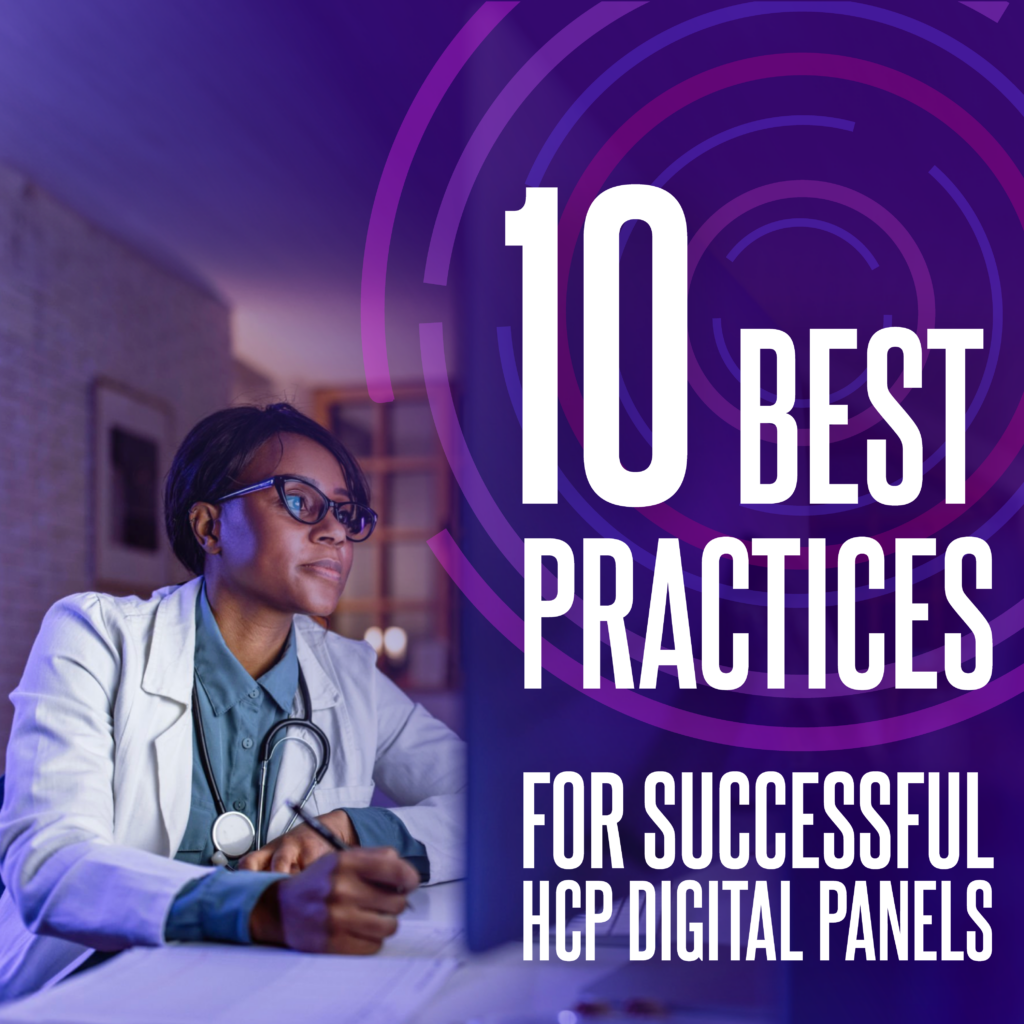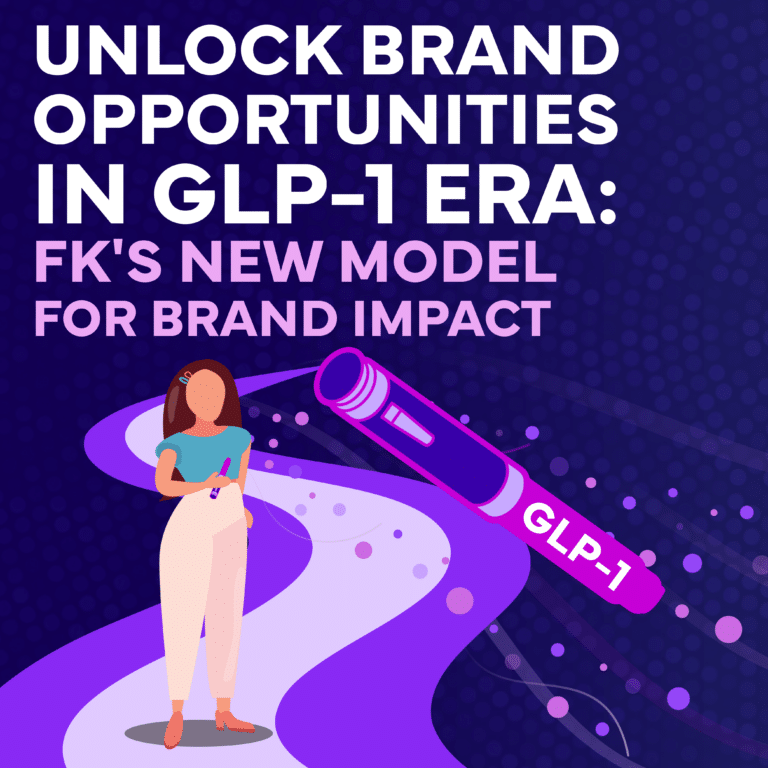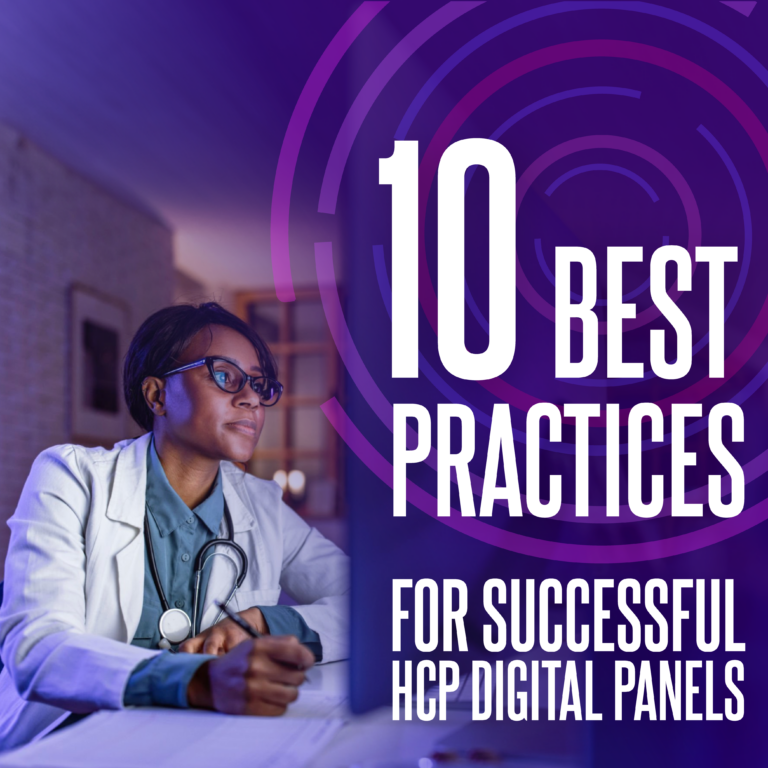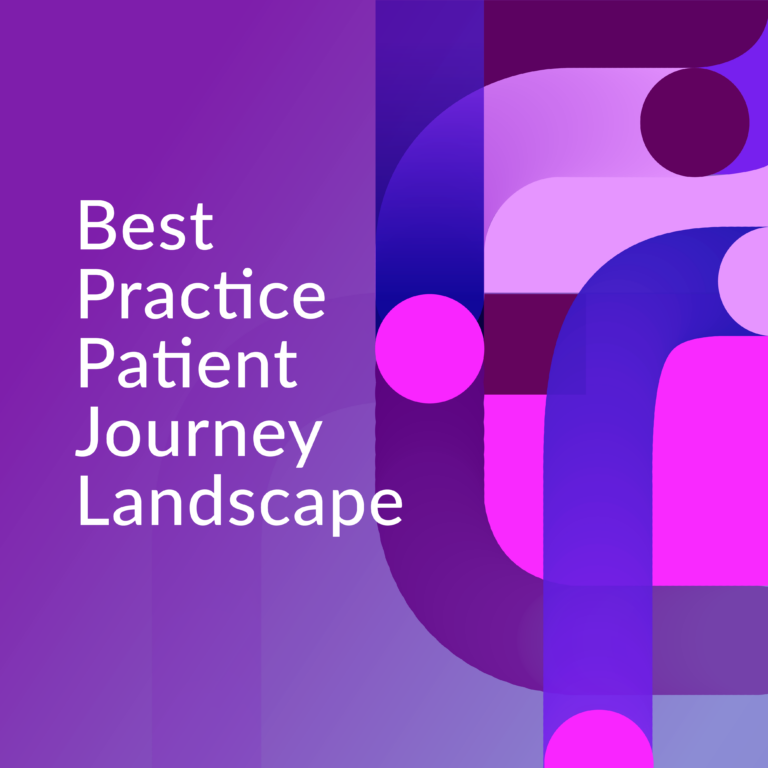Whether a pharmaceutical brand is looking to map a patient journey, create a new medication’s positioning, or craft engaging professional or patient messaging, HCP digital panels can contribute valuable insight that gives a brand competitive advantage.
In our work with HCP market research, we’ve proven our digital panels yield higher quality participation and higher value insights time and again.
Based on our deep experience with pharma market research, we’ve identified the 10 best practices for engaging HCPs in highly successful digital panels.
STRATEGIC ROLE OF PANEL
Best Practice #1: Digital panels as ‘dry runs’ for quantitative research. Once qualitative research has identified key steps of patient journeys or narrowed to top positioning concepts, digital panels are ideal for refinement prior to quant work. With fewer than 20 HCPs, panels provide a cost-effective gross negatives check to insure you’re optimizing stimuli for quant.
Best Practice #2: Structure panels around a single-minded strategic objective. Panels work best when they flow clearly and concisely around a single strategic objective. Sharing the research goal with HCP respondents at the start of a panel is a way to solicit partnership and optimize engagement.
DISCUSSION CONTENT & FLOW
Best Practice #3: Design the panel to deliver quali-quant results. Quali-quant responses to questions such as multiple choice, Likert scales to quantify concept responses and ranking of claims & messaging clearly reveal which ideas are rising to the top and make it easy to use data outputs to compare strategic groups within the panel. Open-box explanations provide the why’s behind the numbers.
Best Practice #4: Build momentum into the HCP panel. Pacing the panel with different styles of questioning and compelling stimuli helps keep the panel dynamic and engaged. We also continually evolve stimuli based on HCP feedback to give HCPs the satisfaction of seeing their ideas implemented in real-time.
Best Practice #5: Build in personalized touchpoints. Personalized interaction reinforces the moderator is actively listening and that HCPs’ opinions matter. Well-timed probes and comments throughout the panel helps draw out valuable insights.
PANEL LOGISTICS
Best Practice #6: Be ever alert to adverse events. A single, trained point-of-contact within the team should be designated to review the panel daily, identifying and reporting adverse events on a timely basis.
Best Practice #7: Recruit for creativity, curiosity, and willingness to share. Because of the independent nature of panels, it’s important to recruit HCPs who have an especially strong spirit of sharing. Such respondents act as partners, actively building on ideas. Creative questions during the recruit are a must-have for identifying these creative super-sharers.
Best Practice #8: Be mindful of HCPs’ busy schedules. We typically field asynchronous three-day panels, providing HCPs the flexibility to answer a few questions now or later, fitting within their packed schedules. Keeping the panel short (ideally 30 minutes) helps ensure completion and keeps research costs down.
Best Practice #9: Create clear expectations. At the start of the panel, it’s important to tell HCPs what they will be seeing – and what they won’t be seeing. For example, HCPs are always intent on seeing in-depth data behind a drug, but if they won’t be seeing detailed research in this panel, a moderator can pre-empt many questions or frustrations by making that clear up-front.
Best Practice #10: Lead with individual feedback, close with group discussion. Requiring panelists to complete the survey one-on-one ensures each HCP is contributing his or her unbiased responses. There’s potential to broaden the panel on the last day to group discussion, giving panelists a chance to build on each other’s ideas and collaborate. Doing so brings further insight to brands and leaves panelists with the positive parting thought that, together, their input will make a meaningful difference.
Fletcher Knight has experience running HCP research for pharma and medical device brands across indications, including respiratory, immunology, dermatology, gastroenterology, cardiology, psychiatry, endocrinology, and ophthalmology.
You can find other online qualitative market research offerings by FK on the
FK LiveLabsTM website
